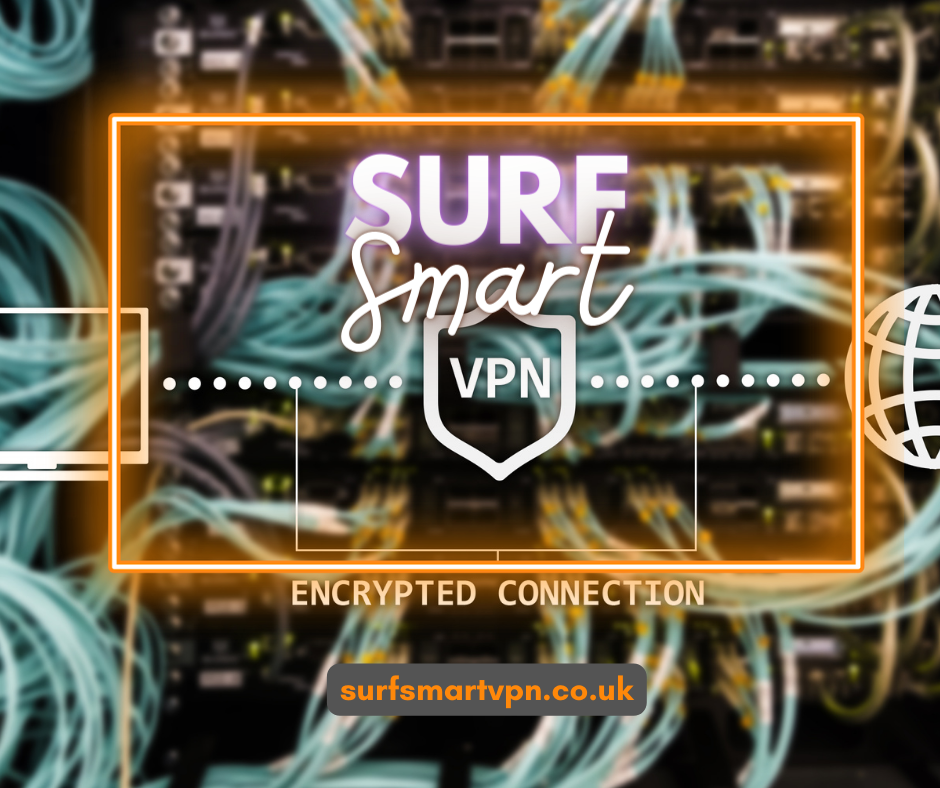Introduction to Virtual Private Networks
In today's digital age, online privacy and security have become paramount concerns for individuals and businesses alike. One of the most popular tools employed to enhance online security is a Virtual Private Network (VPN). But what exactly is a VPN, and why does it garner such attention? This article delves deep into "The Pros and Cons of Using a Virtual Private Network," exploring its functionality, advantages, disadvantages, and whether investing in a VPN service is worth it for you.
What is a Virtual Private Network?
A Virtual Private Network creates a secure connection over the internet by encrypting your data and masking your IP address. When you connect to the internet via a VPN, your traffic passes through an encrypted tunnel to a VPN server before reaching its final destination. This process not only keeps your information private but also allows you to appear as if you're browsing from the location of the VPN server.
How Does a VPN Work?
To understand how a VPN operates, let’s break down its core components:
Encryption: A VPN encrypts your internet traffic so that no one can intercept or read your data. Tunneling Protocols: Various protocols (like OpenVPN, L2TP/IPsec) are used to establish secure connections. VPN Server: Your data first travels to this server before accessing the wider internet, allowing you to mask your original IP address with that of the server.By communicating this way, using an address for the VPN server rather than your own helps maintain anonymity online.
The Pros and Cons of Using a Virtual Private Network
When contemplating whether to utilize a VPN, it's crucial to weigh its benefits against its drawbacks. Here we outline both sides for an informed decision.
Benefits of Using a VPN
1. Enhanced Online Security
Using a VPN provides an added layer of security when surfing the web. With increasing cyber threats, encryption means that even if someone intercepts your data, they cannot read it without the decryption key.
2. Privacy Protection
One key advantage of virtual private networks is they help hide your online activity from ISPs (Internet Service Providers), government agencies, and hackers. This leads many users to ask themselves: “Does a VPN hide search history?” Yes! A well-configured VPN will not log user activities.

3. Bypassing Geo-Restrictions
VPNs allow users to access content that may be restricted in their region by connecting them to servers in different locations—great for streaming services like Netflix or Hulu that impose geographic restrictions on their content libraries.
4. Safe Public Wi-Fi Usage
Public Wi-Fi networks are notorious for their lack of security. A good VPN protects sensitive information from potential snoopers when connected to public Wi-Fi hotspots.
5. Accessing Restricted Websites
For those in countries with oppressive internet benefits of using vpn censorship laws, using a VPN can be vital for accessing blocked websites and services.
6. Improved Remote Access for Businesses
Companies often use business-level virtual private networks to enable employees to securely connect to corporate networks regardless of where they are located.
Disadvantages of Using a VPN
1. Slower Internet Speeds
One common drawback users experience with VPNs is reduced internet speeds due to encryption processes and additional routing through remote servers.
2. Potentially High Costs
While there are free options available (like fast free VPN), premium services often come with monthly fees or annual subscriptions that may not fit every budget—leading many consumers to ask: “How much does a VPN cost?” Prices can vary significantly based on features offered.
3. Complexity in Setup and Use
Setting up certain types of virtual private networks can be complicated for non-tech-savvy individuals; moreover, changing settings may require technical knowledge which some might lack.
4. Legal Concerns in Some Regions
In certain countries, the use of VPNS could be illegal or subject to strict regulations—making it essential always to check local laws before proceeding with usage.

5. Trust Issues with Providers
Users must trust their chosen provider not only with their data but also regarding privacy policies—some providers may log user activity despite claims otherwise.
Are VPNS Worth It? Evaluating Value Against Cost
When weighing whether "are VPNS worth it?" consider what you need from such services:
- If you're primarily looking for privacy from surveillance or protection on public Wi-Fi networks, then yes—a good quality service could certainly be worth it. On the other hand, if you’re simply seeking faster internet speeds or don’t frequently utilize public networks, then investing in one may not provide enough return on investment.
Comparing various providers can yield valuable insights into which offers best suit individual needs without breaking the bank—check out "best vpn deals" or "vpn price comparison" sites for current offers!
Best Practices When Choosing A Virtual Private Network
1. Research Providers Thoroughly
Before committing financially, take time researching various providers' reputations through reviews—look specifically at reliability regarding privacy claims & performance ratings compared among peers!
2. Consider Your Needs
Assess whether you need advanced features like split tunneling or kill switch capabilities based on personal usage patterns effectively!
3. Read Terms Of Service Carefully
Make sure there aren’t any hidden costs associated - understanding terms helps avoid unpleasant surprises post-purchase!
4. Check Compatibility
Ensure compatibility across all devices being utilized - some services work better than others depending upon operating systems involved!
FAQ Section
Q1: What does "VPN" stand for?
A1: "VPN" stands for "Virtual Private Network."
Q2: How do I set up my own virtual private network?
A2: Setting up requires choosing suitable software/hardware solutions tailored towards specific needs & following installation guides provided by respective vendors closely linked!
Q3: Can I use multiple devices with one subscription?
A3: Many top-tier offerings allow simultaneous connections across several devices; however always ensure confirming usage limitations beforehand!
Q4: Will using free vpns compromise my privacy?
A4: Often yes! Free versions may track users’ activities which defeats purpose behind wanting enhanced anonymity altogether!
Q5: Is it legal to use vpns everywhere?
A5: While generally permitted globally there exist exceptions; hence checking local laws remains prudent practice prior utilizing these tools anywhere outside familiar jurisdictions !
Q6: What features should I prioritize when choosing my vpn service provider?
A6: Focus primarily on speed/reliability; strong encryption methods utilized; customer support availability & transparent policies regarding logging practices adopted overall!
Conclusion
Ultimately, understanding The Pros and Cons of Using a Virtual Private Network allows individuals greater control over their digital presence while potentially safeguarding critical personal information against unwanted scrutiny online—but remember—it isn’t always perfect nor universally applicable!
Weigh each factor carefully based on personal situations before jumping into any decision-making process surrounding utilizing these powerful tools effectively!
